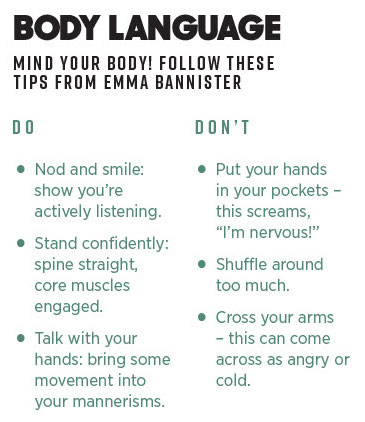Loading component...
At a glance
Unlike extroverts, who gain energy by being around people, networking is uncomfortable for most introverts.
This isn’t because they are socially inept or prefer cats to humans (as the internet would like us to believe), but because they require “alone time” to recharge their batteries.
The good news is “being an introvert doesn’t affect your ability to network and connect with others”, explains leadership and communication expert Shane Michael Hatton, author of Lead the Room: Communicate a message that counts in moments that matter.
“It can, however, affect your attitude towards it.” Hatton suggests looking at networking as “an opportunity rather than seeing it as an obstacle”.
“Introverts don’t need to be boxed in by personality, but use it as a superpower.”
Networking for introverts: How do you break the ice?
“If you are struggling to connect or lead when you walk into a room, I would always encourage you to consider why you want to be in the room in the first place,” Hatton says.
“Let the purpose for being in the room draw you in, rather than allowing the discomfort to keep you out.

“Think about the value you can offer to people,” Hatton says.
Ask yourself a few questions: what problems do you solve? What questions do you answer? How can you help people?
When you focus on these questions, all unwanted thoughts and self-doubt will stay out of your head.
There is a misconception that introverts need to “come out of their shell” for networking events.
“I encourage introverts to invite others into the shell,” Hatton argues. “There is a lot other people can learn when we are vulnerable enough to let others in.”
In her bestselling book Quiet: The Power of Introverts in a World That Can’t Stop Talking, author Susan Cain focuses on the strengths of introverts, such as listening and deep thinking.
Hatton believes the same. “One of the remarkable characteristics of introverts is their ability to think deeply on a subject,” Hatton says. “I would encourage them to invite others into that thinking.”
Go in with a plan
Having a plan is key to networking successfully, says Emma Bannister, founder and CEO of Presentation Studio, and author of Visual Thinking: How to transform the way you think, communicate and influence with presentations.
“As you head into a large event or a conference, have a plan of who you want to talk to and what you want to get out of the day,” Bannister says. “For smaller events, a more intimate and relational approach is called for.”
Spend a few minutes thinking through what the end goal of the conversation will be, and even prepare an introductory sentence, says Bannister.
A key rule of networking is to avoid controversial topics such as religion, politics or money.
“Avoid gossip – any topic that could be construed as gossip is only going to hurt your network, not help it,” Bannister says.
Be in control of communication
“There is really no difference between an introvert and an extrovert when you put them on a stage,” Bannister says.
For introverts, however, there is an advantage in public speaking.
“One of the biggest fear factors of communication for introverts is being put on the spot. With public speaking, you are in control of what happens.”
Whether it is a welcome speech or a short introduction, Bannister recommends practising your talk before you hit the stage.
“Prepare well, know your content and your audience,” she says.
CPA Australia Library resource:
Introverts can lead the room with ease by trying these tips:
1. Know yourself
In order to be your authentic self, spend time learning about yourself and working out the best way to express your personality.
2. Calm your nerves
A few simple mindfulness exercises can help you relax before big events.
3. Be intentional
When initiating a conversation, don’t just think about how you can make your introduction short, think about the message you want to convey.
4. Play to your strengths
Listen, observe and learn from people in the room.
5. Bring a supporter
If you need to, take a friend or colleague with you for support.

